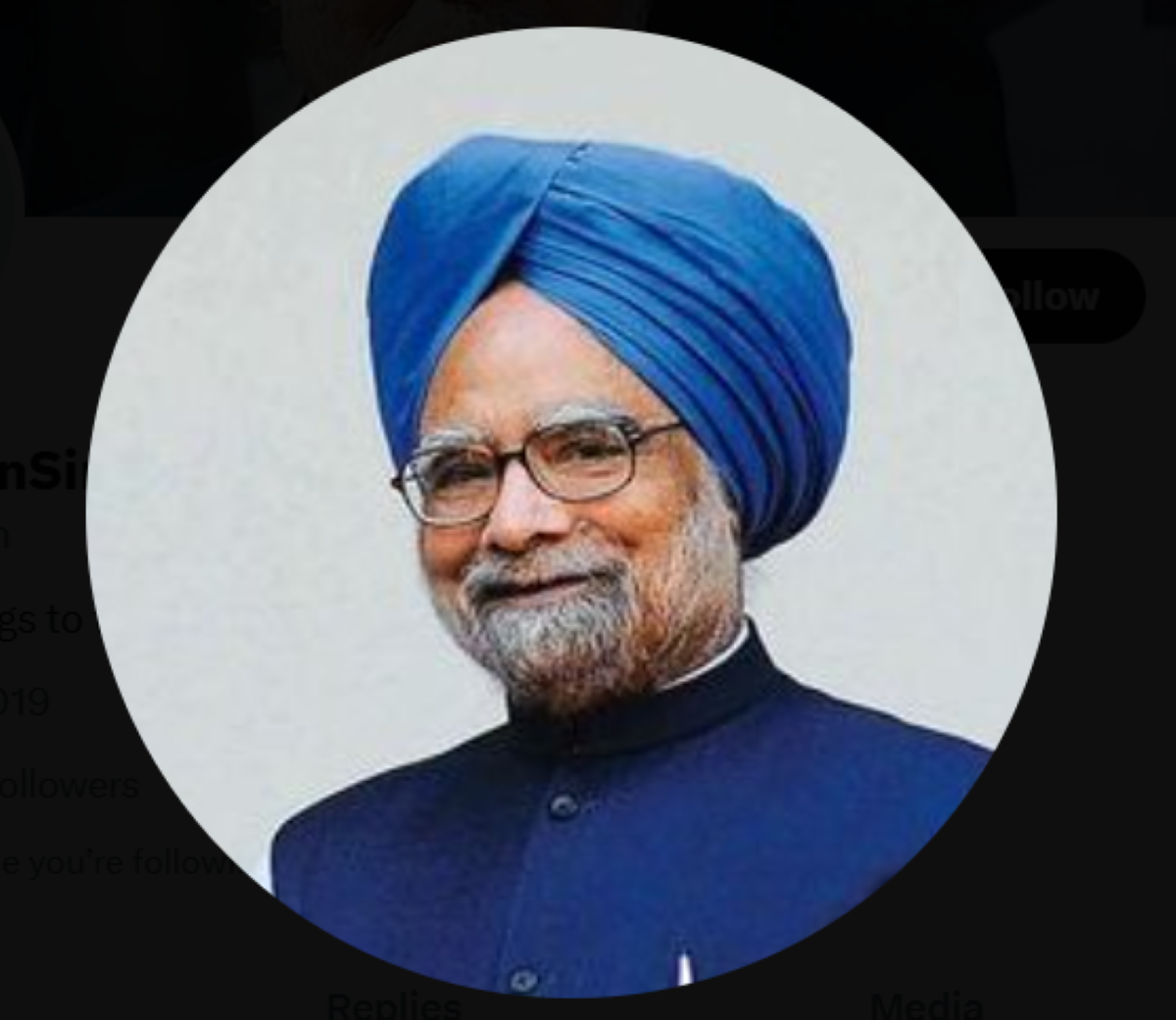Manmohan Singh, one of India’s most respected economists and statesmen, has left an indelible mark on the nation’s history. Born on September 26, 1932, in Gah (now in Pakistan), Singh’s journey from a modest background to becoming India’s 13th Prime Minister is nothing short of inspiring. A man of few words but immense action, his contributions to India’s economic transformation and political stability continue to be acknowledged globally.
The Architect of Economic Reforms
Before his political career took centre stage, Singh made significant contributions as an economist. As the Finance Minister of India from 1991 to 1996 under Prime Minister P.V. Narasimha Rao, he spearheaded a series of landmark economic reforms that pulled India back from the brink of a severe financial crisis. These included liberalizing the Indian economy, opening up foreign investments, and reducing trade barriers.
The economic reforms of 1991 transformed India into one of the fastest-growing economies in the world. Singh’s calm demeanour and ability to take decisive steps earned him accolades and respect both within and outside India. His role during this period cemented his legacy as the “architect of modern India’s economic reforms.”

Manmohan Singh’s Leadership as Prime Minister
In 2004, Manmohan Singh became India’s first Sikh Prime Minister, leading the Congress-led United Progressive Alliance (UPA) government. His tenure, which spanned two consecutive terms (2004-2014), was marked by significant achievements:
- Economic Growth: Under Singh’s leadership, India witnessed impressive GDP growth and emerged as a global economic power.
- Social Schemes: Initiatives like the Mahatma Gandhi National Rural Employment Guarantee Act (MGNREGA) and the Right to Information Act were launched, empowering rural communities and promoting transparency.
- Nuclear Agreement: Singh played a pivotal role in securing the 2008 India-US Civil Nuclear Agreement, strengthening India’s position on the global stage.
Legacy and Influence Till 2024
Manmohan Singh’s contributions extend beyond economics and politics. He is a symbol of integrity and dedication, a leader who prioritized the country’s welfare above all else. While he remains a reserved and soft-spoken figure, his actions and policies speak volumes about his commitment to a progressive and inclusive India.
As of 2024, Manmohan Singh’s legacy continues to inspire economists, policymakers, and leaders worldwide. His journey from a small village in Punjab to the highest echelons of political and economic leadership embodies perseverance, humility, and intellect.

In a world where rhetoric often overshadows action, Manmohan Singh’s life and work serve as a reminder of the power of quiet determination and thoughtful leadership.

[…] Also Read: Manmohan Singh: The Economist Who Shaped Modern India (Till Dec 27, 2024) […]